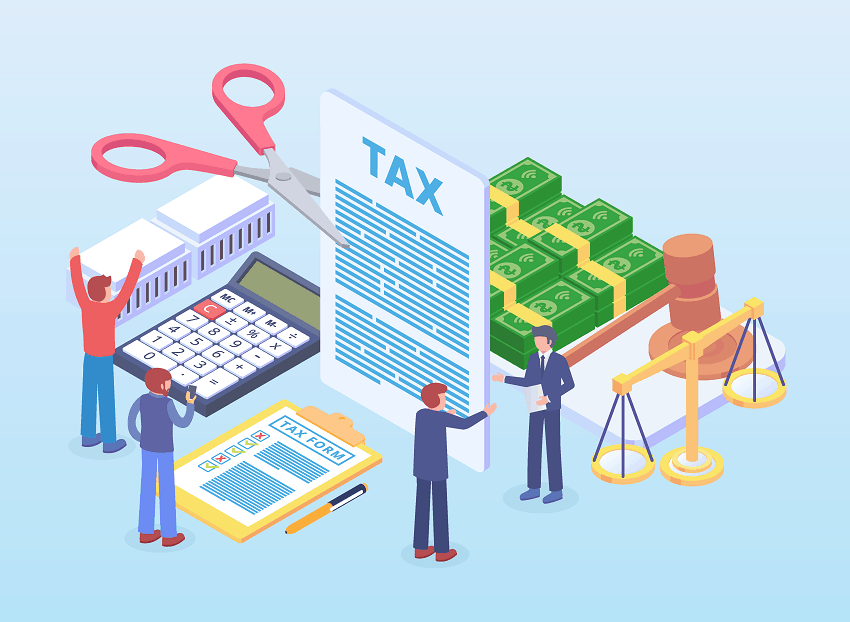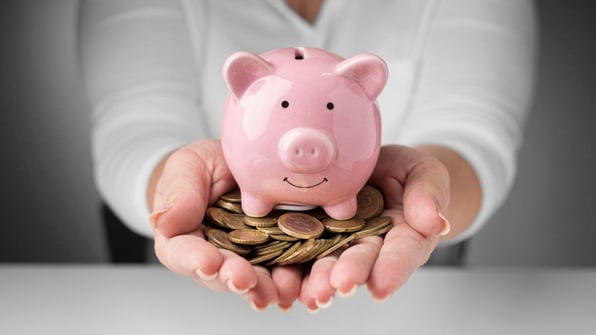What is the Capital Gains Tax?
The Capital Gains Tax is a tax on the profit when you sell (or ‘dispose of’) something (an ‘asset’) that has increased in its value.
It’s the profit you make that’s taxed, not the amount of money you receive. For example, if you bought a painting for £5,000 and sold it later for £25,000, you’ve made a gain of £20,000 (£25,000 minus £5,000).
Some assets are tax-free. You also do not have to pay Capital Gains Tax if all your gains in a year are under your tax-free allowance.
If you sold a UK residential property on or after 6 April 2020 and you have tax on gains to pay, you can report and pay using a Capital Gains Tax on UK property account.
Disposing of an asset
Disposing of an asset includes:
- selling it
- giving it away as a gift, or transferring it to someone else
- swapping it for something else
- getting compensation for it - like an insurance payout if it’s been lost or destroyed
What do you pay Capital Gains Tax on?
You pay Capital Gains Tax on the gain when you sell (or ‘dispose of’):
- most personal possessions worth £6,000 or more, apart from your car
- property that’s not your main home
- your main home if you’ve let it out, used it for business or it’s very large
- any shares that are not in an ISA or PEP
- business assets
These are known as ‘chargeable assets’.
Ie. If you sell or give away cryptoassets (like cryptocurrency or bitcoin) you should check if you have to pay Capital Gains Tax.
Depending on the asset, you may be able to reduce any tax you pay by claiming a relief.
If you dispose of an asset you jointly own with someone else, you have to pay Capital Gains Tax on your share of the gain.
When do you not pay Capital Gains Tax?
You only have to pay Capital Gains Tax on your total gains above an annual tax-free allowance.
You do not usually pay tax on gifts to your husband, wife, civil partner or a charity.
What you do not pay it on
You do not pay Capital Gains Tax on certain assets, including any gains you make from:
- ISAs or PEPs
- UK government gilts and Premium Bonds
- betting, lottery or pools winnings
When someone dies
When you inherit an asset, Inheritance Tax is usually paid by the estate of the person who’s died. You only have to work out if you need to pay Capital Gains Tax if you later dispose of the asset.
Overseas assets
You may have to pay Capital Gains Tax even if your asset is overseas.
There are special rules if you’re a UK resident but your permanent home is not in the UK.
If you’re abroad
You have to pay tax on gains you make on property and land in the UK even if you’re non-resident for tax purposes. You do not pay Capital Gains Tax on other UK assets, for example shares in UK companies, unless you return to the UK within 5 years of leaving.
What happens if you make a loss?
You can report losses on a chargeable asset to HM Revenue and Customs (HMRC) to reduce your total taxable gains.
Losses used in this way are called ‘allowable losses’.
You can use losses to reduce your gain
When you report a loss, the amount is deducted from the gains you made in the same tax year.
If your total taxable gain is still above the tax-free allowance, you can deduct unused losses from previous tax years. If they reduce your gain to the tax-free allowance, you can carry forward the remaining losses to a future tax year.
How to Report losses?
Claim for your loss by including it on your tax return. If you’ve never made a gain and are not registered for Self Assessment, you can write to HMRC instead.
You do not have to report losses straight away - you can claim up to 4 years after the end of the tax year that you disposed of the asset.
There’s an exception for losses made before 5 April 1996, which you can still claim for. You must deduct these after any more recent losses.
Losses when disposing of assets to family and others
Your husband, wife or civil partner
You usually do not pay Capital Gains Tax on assets you give or sell to your spouse or civil partner. You cannot claim losses against these assets.
Other family members and ‘connected people’
You cannot deduct a loss from giving, selling or disposing of an asset to a family member unless you’re offsetting a gain from the same person.
This also applies to ‘connected people’ like business partners.
Connected people
HMRC defines connected people as including:
- your brothers, sisters, parents, grandparents, children and grandchildren, and their husbands, wives or civil partners
- the brothers, sisters, parents, grandparents, children and grandchildren of your husband, wife or civil partner - and their husbands, wives or civil partners
- business partners
- a company you control
- trustees where you’re the ‘settlor’ (or someone connected to you is)
Claiming for an asset that’s lost its value
You can claim losses on assets that you still own if they become worthless or of ‘negligible value’.
HMRC has guidance on how to make a negligible value claim.
Special rules
HMRC has guidance on the special rules for losses:
- when someone dies
- if you’re non-resident and sell UK property or land
- if you’ve temporarily lived abroad as a ‘non-resident’
- from your income on shares that are unquoted or in the Enterprise Investment Scheme
- on overseas assets if you’re ‘non-domiciled’ in the UK and have claimed the ‘remittance basis’
Check https://www.gov.uk/capital-gains-tax for more information.




